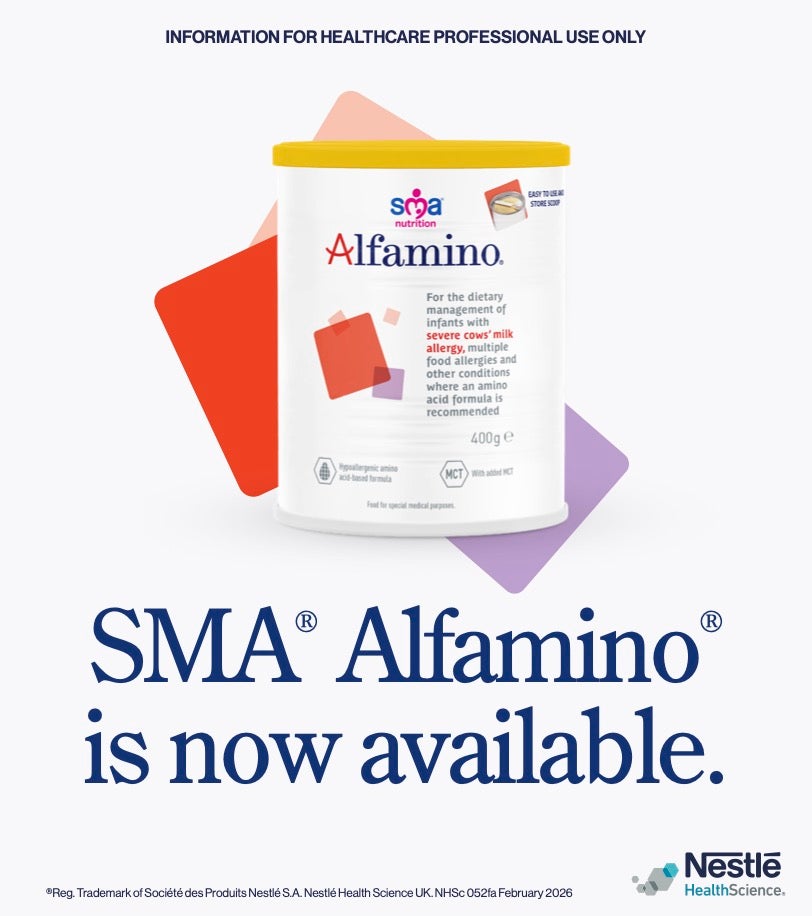This site is intended only for the use of UK Healthcare Professionals
Stroke Rehabilitation - Dysphagia, Speech & Swallowing with Smruthi Venkat
- 27/08/2024

Information for Healthcare Professional Use Only
In this episode of the Inside Medical Nutrition podcast, Dr. Linia Patel interviews Smruthi Venkat, a speech and language therapist (SLT) specialising in stroke rehabilitation. They delve into the complexities of dysphagia, swallowing difficulties commonly experienced by stroke patients.
Smruthi explains that stroke patients present with varying swallowing impairments depending on the location of the stroke. These can include oral motor weakness, sensory deficits affecting the ability to distinguish food temperatures or detect residue, and impaired coordination of the four-stage swallowing process.
The conversation highlights the importance of early swallow screening for stroke patients upon hospital admission. If difficulties are detected, a specialist assessment by a speech and language therapist is crucial. This bedside swallowing assessment involves a detailed case history, cranial nerve and oral motor examination, and observation of the patient consuming different food and fluid textures.
Smruthi emphasises the role of the International Dysphagia Diet Standardisation Initiative (IDDSI) framework in determining safe food and fluid textures. If a patient is deemed unsafe or silent aspiration is suspected, further instrumental assessments like video fluoroscopy or endoscopy are recommended.
The podcast also explores the Eating, Drinking, and Swallowing Competencies Framework developed by the Royal College of Speech and Language Therapists (RCSLT). These competencies provide standards for knowledge, skills, and understanding for professionals supporting individuals with eating and drinking difficulties. Smruthi shares how these competencies have informed training programs and improved the quality of care for dysphagia patients.
Finally, the discussion covers stroke rehabilitation guidelines, emphasising the potential for patients to benefit from rehabilitation at any point after their stroke. Smruthi outlines various rehabilitation options, including texture modification, behavioural therapy, and exploratory muscle strength training. She underscores the importance of a collaborative, multidisciplinary team approach involving physicians, nurses, therapists, dietitians, and psychologists to support the patient's recovery journey. Smruthi highlights the importance of oral hygiene for stroke patients, following SLT recommendations, and stroke rehabilitation.
Listen to the full podcast episode to learn more about dysphagia and how dysphagia is managed in stroke rehabilitation patients.
